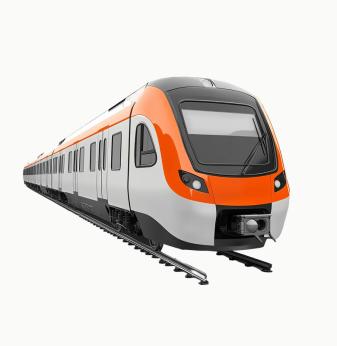
AI & FPGA
FPGA for Artificial Intelligence (AI)
FPGA and AI open up new extensive opportunities in engineering. FPGAs provide adaptable, high-performance solutions that exceed traditional GPUs and CPUs while increasingly more complex AI-related technologies help to accelerate workloads in machine learning applications through AI acceleration.
Employing FPGA for AI-based projects, we can tailor your solutions to ever-changing environments. Unlike traditional processors, FPGAs ensure flexibility, continuous parallel computing functionality, and an impressive balance between performance and power consumption.
Advantages of FPGAs in AI
Flexibility
Using FPGA for AI applications allows us to build adaptable solutions. Due to its hardware-defined nature, it minimises the wastage of processing time for fetching data.
Custom parallelism
FPGAs are designed to perform multiple parallel operations, making them ideal for managing large networks and boosting overall system performance.
Scalability
The programmable architecture allows adding an almost unlimited amount of FPGAs per slot in case the AI algorithm or AI training demands are more significant than a single device can handle.
Energy efficiency
FPGAs offer excellent performance with lower power consumption. They are resilient and can work in harsh conditions for extended durations.
Reduced latency
Processing large data sets in real-time is possible thanks to robust on-chip memory that helps minimise delays.
Minimal access time
High memory bandwidth ensures rapid processing of large data amounts, significantly reducing waiting times.
Application Cases of FPGA-Based AI Solutions

Image transcoding & broadcasting
Real-time UHD video processing, AI-powered TV show categorisation for DTV platforms, audio-over-IP (AoIP) for sound reinforcement in audio systems, AR and VR, and real-time digital character PoC.
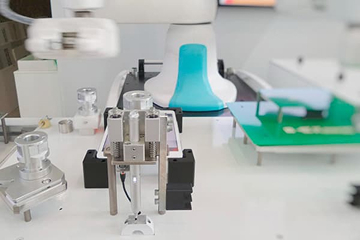
Next-gen test & measurement solutions
Test and measurement platforms, real-time instrumentation, high-end consumer electronics with immersive displays, intelligent transport, and embedded real-time analytics.

Edge AI automotive solutions
In-vehicle infotainment (IVI), advanced driver-assistance systems (ADAS), automated driving (AD), driver information systems, motor control algorithms, and other fault-tolerant solutions according to ISO-26262.
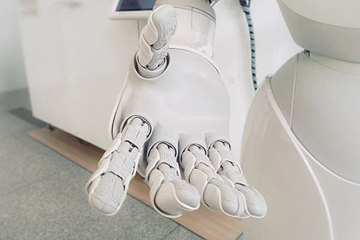
Industrial solutions
Intelligent vision-guided robotics, high-precision motor control algorithms, data centre acceleration, smart grid, smart factory, IoT gateways and appliances, human-machine interfaces (HMIs), on-board electronics for railway systems, 3D printing.
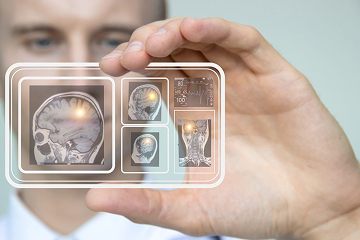
Smart solutions for MedTech
Genome research, hardware acceleration and data processing in molecular breeding and pharmacy, medical imaging with ultrasound, robot-assisted surgery, multi-parameter patient monitors and ECGs, diagnostics and clinical equipment.
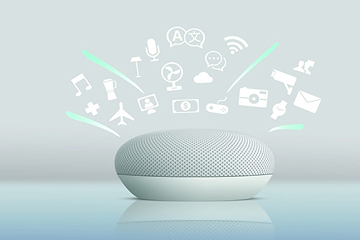
Custom design services
Real-time rendering, FPGA in AI-enhanced video processing, automated image recognition and classification, image stitching, embedded vision systems, face detection and tracking, hand gesture and speed sign detection, object counting, and smart home.
Our Projects
If case you are looking for a team of professionals to support your FPGA board design or traditional approach for IP-core development in Verilog/VHDL, explore our FPGA services.
Our Technology Map
Vitis/Vivado, Quartus Prime, Diamond, Libero, Matlab
NVidia Jetson, Alveo, OpenVINO, TensorFlow, Keras, Caffe
Verilog, VHDL, VivadoHLS, Simulink/HDL Coder, С/C++, Python
High-speed PCBs, DDR4, JESD204b, HDMI, SDI, SI, PI, Thermo modeling
Zynq US+, RFSoC, Cyclone10, ECP5, MPF500
AD9361, AD9371, ADRV9009, Radars, Custom AFE, Antenas
DPDK, UDP 10G, TCP 10G, TAPs, L1/L2 IP cores
1G, 10G, 25G/40G, 100G

